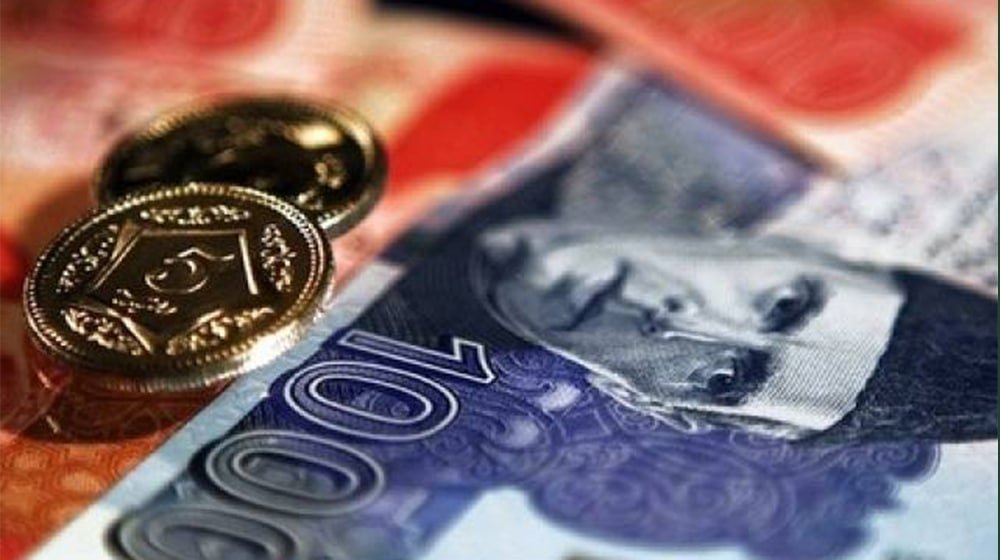Pakistanis donated an estimated Rs. 619 billion ($2.19 billion) in Zakat during 2024, with approximately 50 million citizens contributing to this religious obligation, according to a new survey conducted by the International Centre for Tax and Development (ICTD) and the Lahore University of Management Sciences (LUMS).
The study, which utilized computer-assisted telephone interviews, revealed that the average Zakat contribution was around Rs. 15,000 per person. This collective charitable giving exceeded several major government financial programs, including the Rs. 592 billion distributed through the Benazir Income Support Programme (BISP) and the Rs. 577.4 billion collected in federal excise duty (FED).
Remarkably, the total Zakat contributions also surpassed the Rs. 376 billion in official development aid received by Pakistan in 2022, highlighting the significant economic impact of this religious practice.
“This demonstrates the extraordinary generosity of Pakistanis and the central role that Zakat plays in the country’s social safety net,” said a researcher involved with the study.
The survey also found that Pakistanis overwhelmingly prefer direct charitable giving rather than utilizing the state-administered Zakat collection system. More than two-thirds of contributors gave directly to individuals in need, while approximately one-tenth donated to mosques and schools. A smaller proportion chose to channel their Zakat through non-governmental organizations.
Zakat, one of the five pillars of Islam, requires eligible Muslims to donate 2.5% of their wealth above a minimum threshold (Nisab) to those in need each year.










